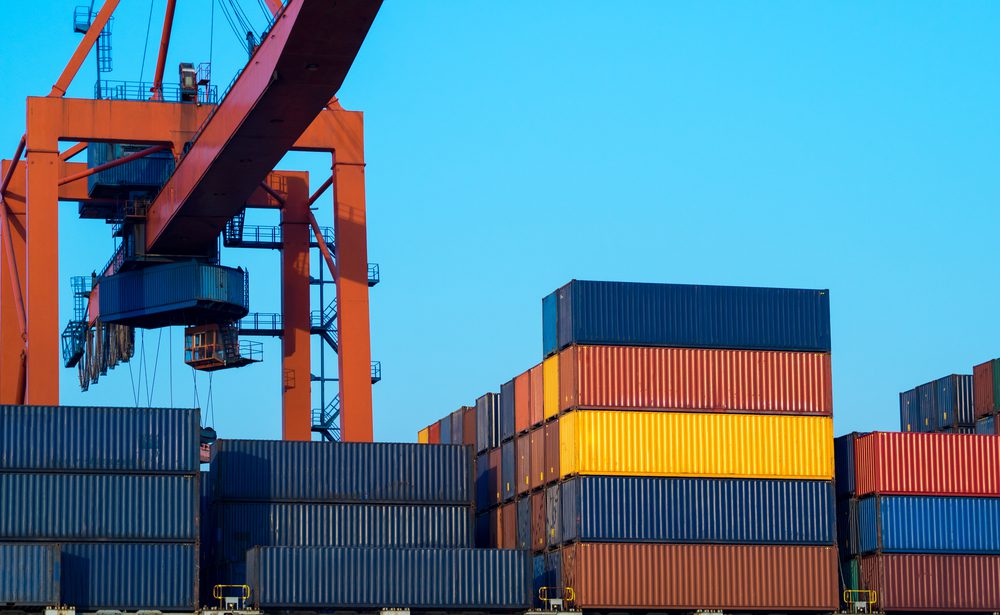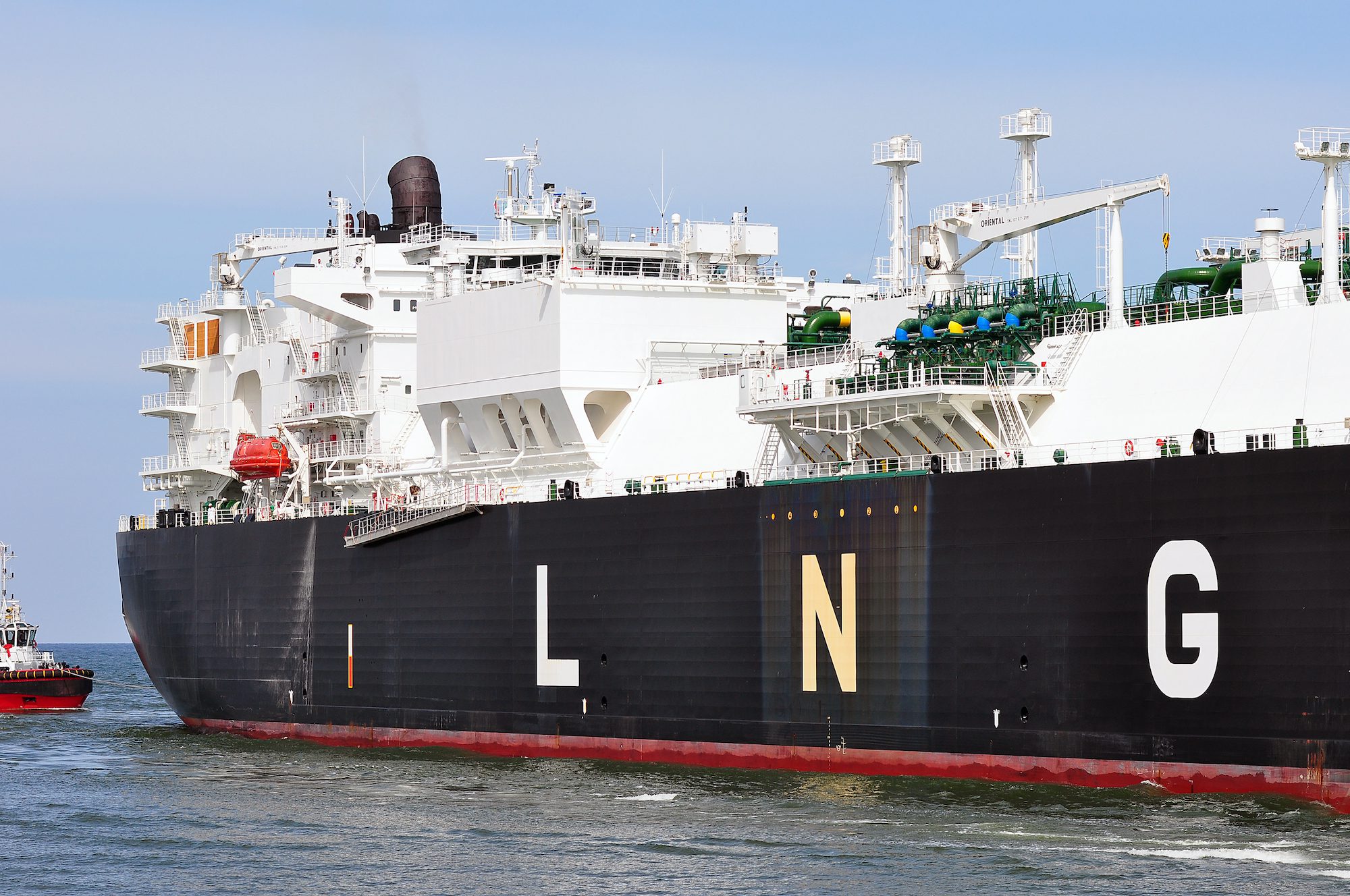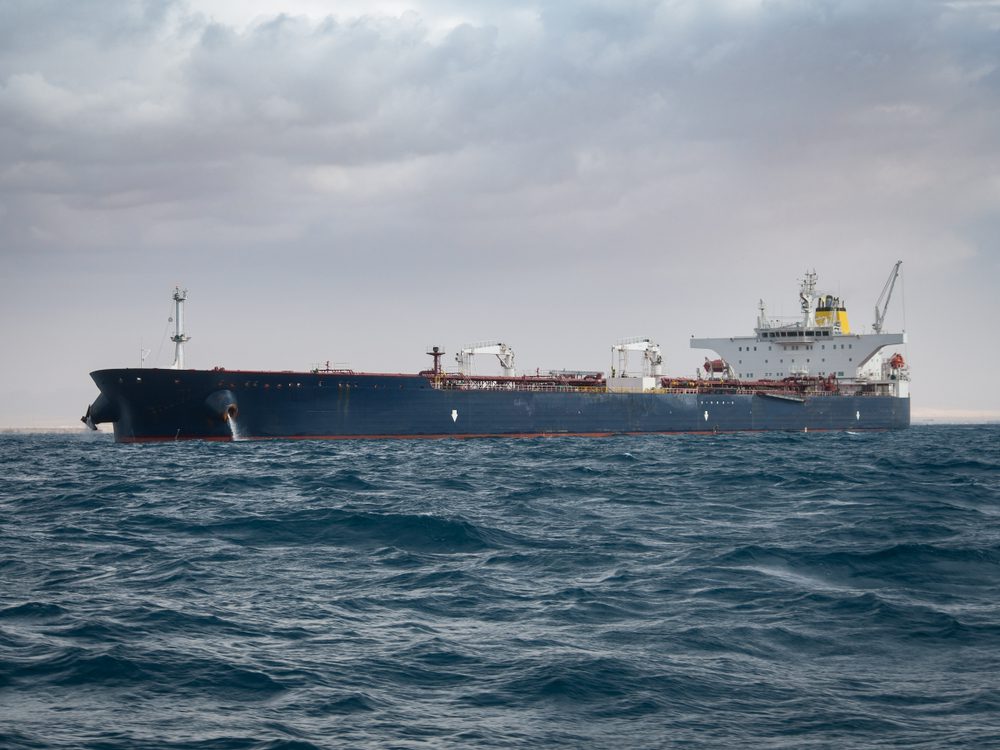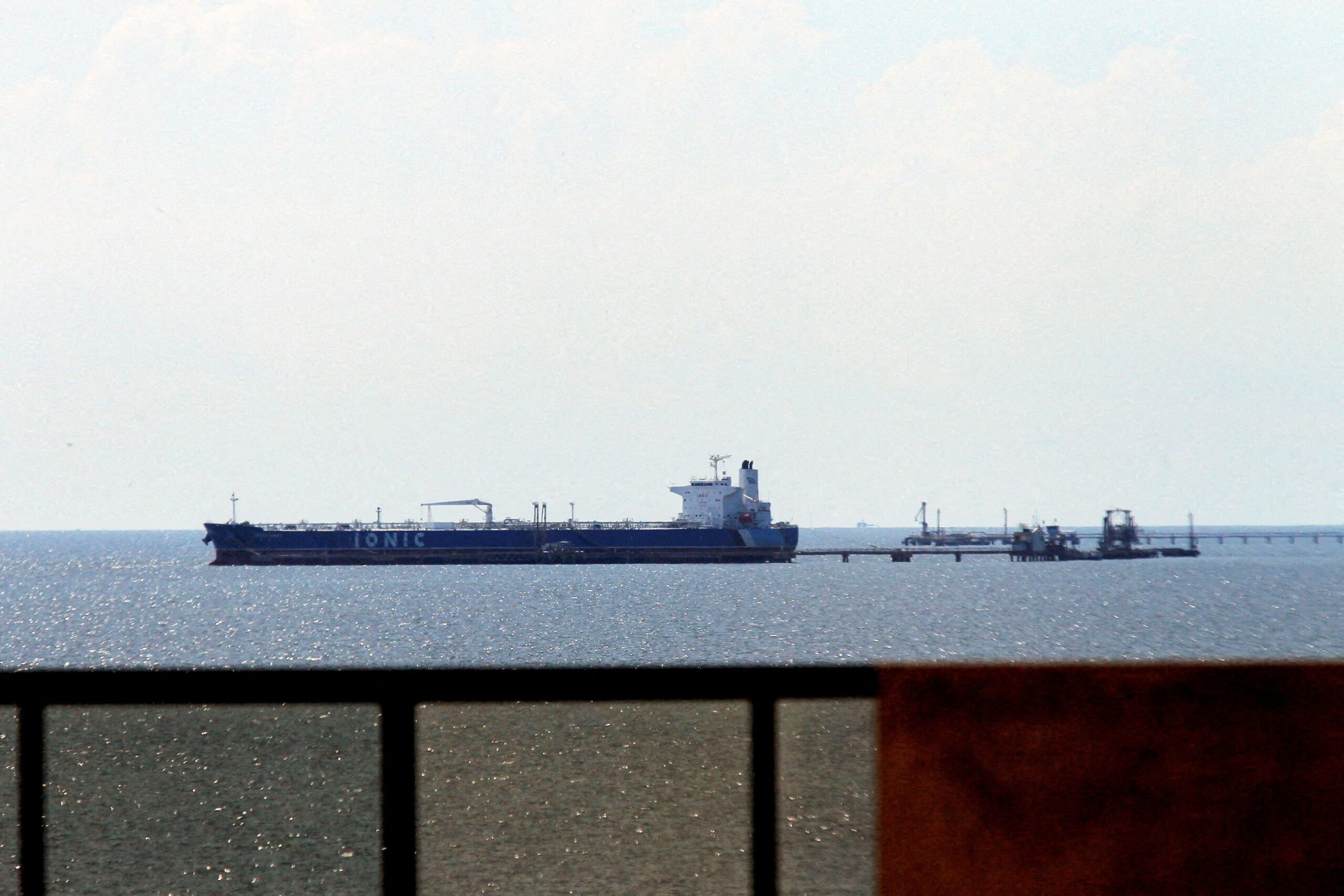By Krystal Chia and Debjit Chakraborty (Bloomberg) —
India’s devastating Covid-19 crisis is threatening operations at some of its biggest ports, raising concern the action could trigger shipping delays that reverberate through global supply chains.
Karaikal Port in southern India invoked force majeure until May 24 after operations were “severely affected” from the pandemic, according to a notice on its website. The terminal, which claims to be India’s biggest non-state port, handles coal, sugar and petroleum among other commodities. Gopalpur port in Odisha has also declared force majeure, according to IHS Markit.
The situation may echo global trade disruptions seen last year after virus restrictions slowed shipments into China. While India accounts for only fraction of the global trade that China does, any delays in offloading vessels and releasing them to their next destination could create supply chain bottlenecks.
India has 21.9 million tons of cargoes scheduled to arrive this month but with labor shortages and force majeure at some ports, many of the vessels could see discharge delays, according to IHS Markit associate director Pranay Shukla. That may have a knock-on effect on scheduled loadings at the exporting countries.
Cargo movement at Visakhapatnam Port, one of India’s major marine terminals, is also partly affected after the local traders’ body announced force majeure in the port area until May 19, according to G. Veeramohan, president of the Vizagapatam Chamber of Commerce and Industry.
State-run refiner Hindustan Petroleum Corp., which uses the Visakhapatnam port to import crude oil, is unaffected as it uses an offshore mooring facility for unloading tankers, Chairman Mukesh Kumar Surana said.
Large parts of India are under lockdown by provincial governments that are reeling from surging infections amid a shortage of vaccines and medical infrastructure such as hospital beds and oxygen. The stay-at-home orders are constraining the movement of people and materials to and from the country’s ports, even as Prime Minister Narendra Modi’s government resists a nationwide lockdown.
A force majeure clause typically absolves a company from meeting their contractual commitments for reasons beyond their control.
–With assistance from Dhwani Pandya, Elizabeth Low and Sharon Cho.
© 2021 Bloomberg L.P.
Editorial Standards · Corrections · About gCaptain
This article contains reporting from Bloomberg, published under license.

 Join The Club
Join The Club











